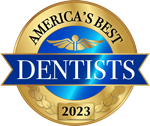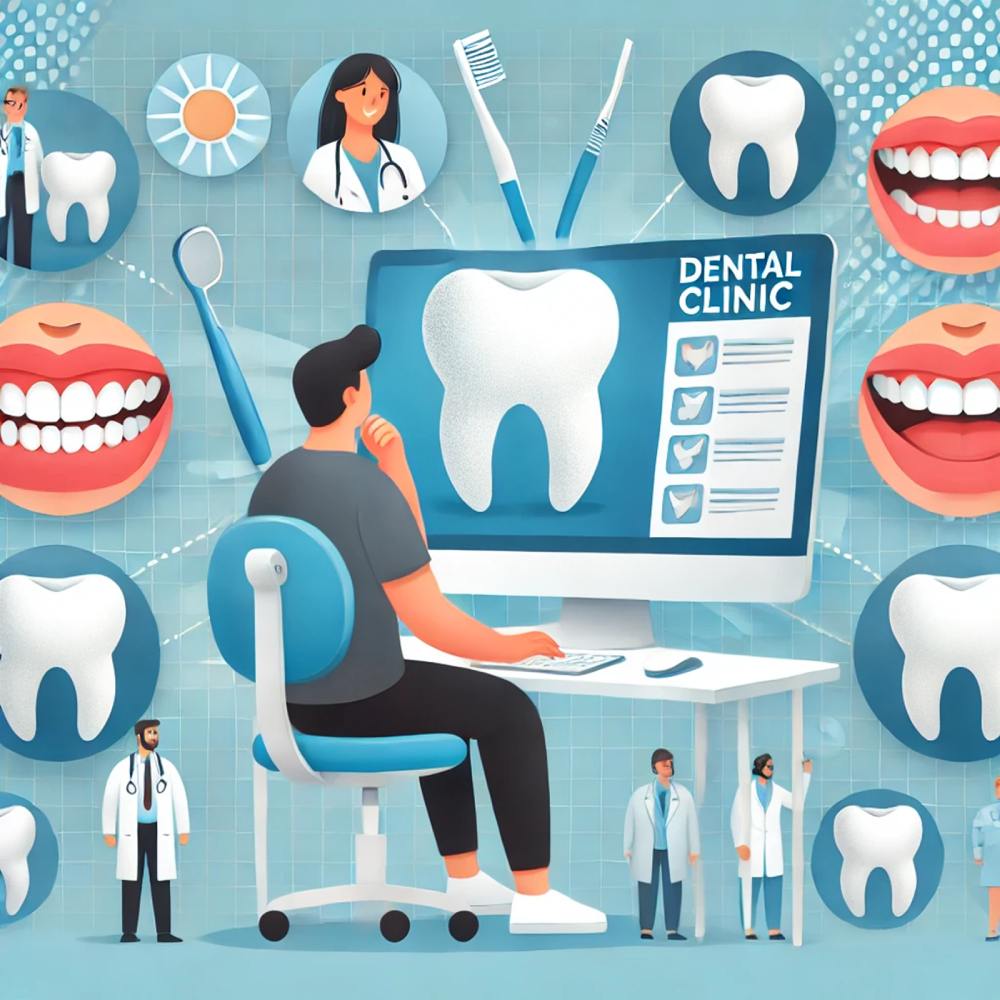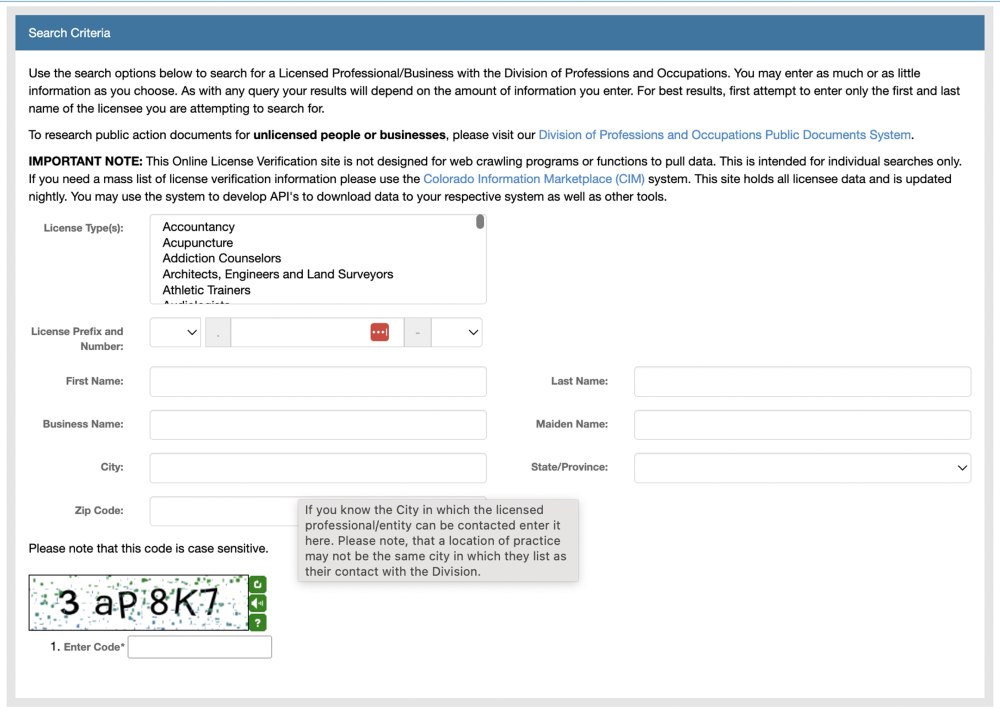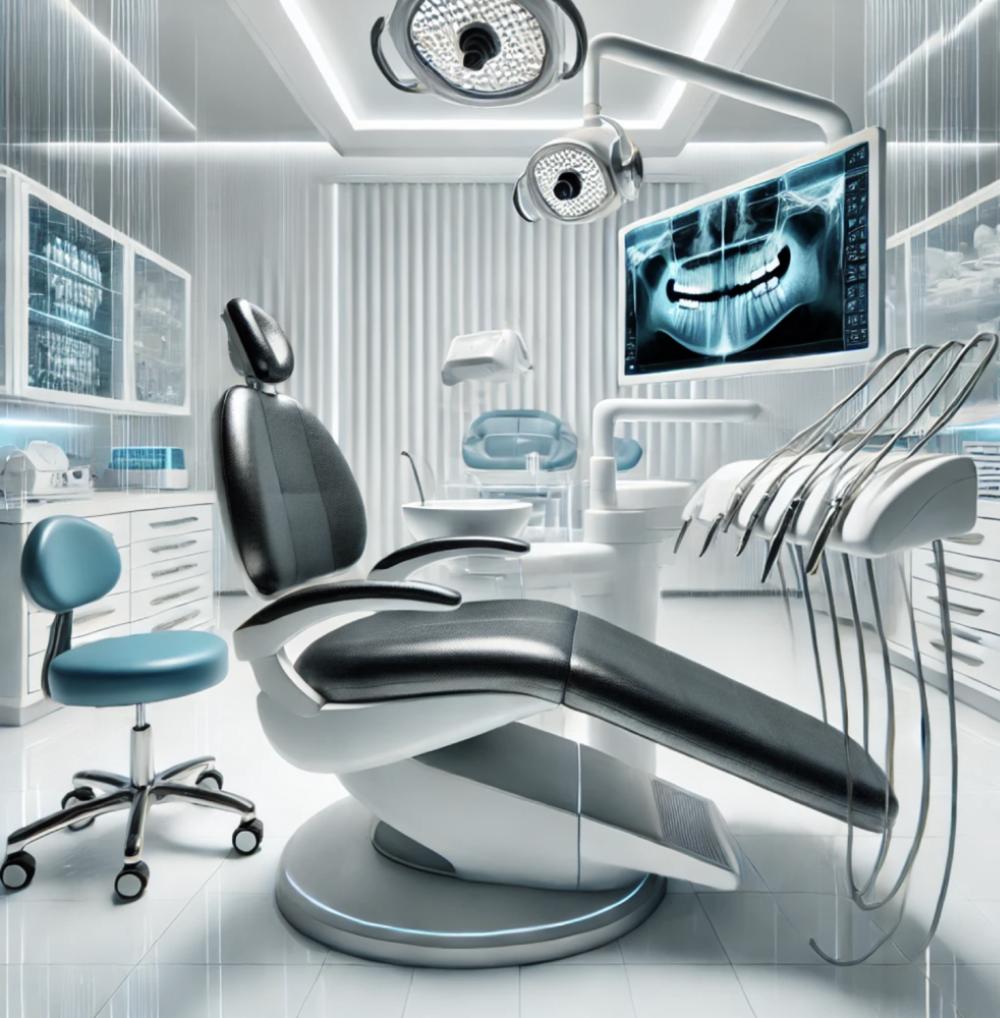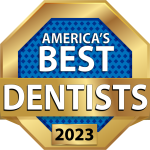Finding a good dentist is like finding a trusted friend for your oral health.
A great dentist can make a significant impact on your overall well-being, from preventing cavities and gum disease to providing expert care for complex dental issues.
Why Finding the Right Dentist Matters
A good dentist is more than just someone who cleans your teeth. They’re your partner in maintaining optimal oral health. A skilled and caring dentist can:
- Prevent dental problems: Regular check-ups can help identify and address potential issues before they become serious.
- Provide personalized care: A good dentist will tailor their treatment plans to your specific needs and preferences.
- Build a trusting relationship: A positive relationship with your dentist can make dental visits less stressful and more effective.
Top Factors to Consider When Choosing a Good Dentist
Although we will look at many aspects of choosing a good dentist, some of the most important are Credentials and Experience, Reviews and Testimonials, and Technology and Equipment.
Credentials and Experience: The Cornerstones of a Good Dentist
When selecting a dentist, their credentials and experience play an important role in ensuring quality care.
-Education and Training
A qualified dentist will have completed extensive education and training. This typically includes:
- Dental School: Graduating from an accredited dental school, where they receive comprehensive training in various dental procedures and techniques.
- Licensure: Obtaining a dental license from the state where they practice, which demonstrates that they have met the necessary educational and examination requirements.
- Continuing Education: Participating in ongoing education courses to stay updated on the latest dental advancements and techniques.
-Verifying Education and Qualifications
It’s important to verify a dentist’s credentials to ensure they are qualified to provide the care you need. You can do this by:
- Checking the State Dental Board Website: Most state dental boards have online databases where you can search for dentists and verify their licenses.
- For Example – In Colorado you can search on the Colorado Department of Regulatory Agencies. By filling in the license type, dentist info, city and state, you can perform a quick
search and verify.
- For Example – In Colorado you can search on the Colorado Department of Regulatory Agencies. By filling in the license type, dentist info, city and state, you can perform a quick
- Asking the Dentist Directly: Don’t hesitate to ask the dentist about their education, training, and experience.
Here are a few examples of how you might ask:
Direct Questions:
- “Can you tell me about your educational background and training?”
- “Where did you attend dental school?”
- “Do you have any specialized training in [specific area]?”
- “Are you licensed to practice dentistry in this state?”
Open-Ended Questions:
- “How do you stay up-to-date on the latest dental advancements?”
- “Can you share some of your experience in [specific area of dentistry]?”
- “What are your professional affiliations?”
Review of Credentials:
- “May I see a copy of your dental license?”
- “Can you provide me with information about your continuing education courses?”
-Experience: A Measure of Expertise
A dentist’s experience can be a valuable indicator of their skills and knowledge. Consider the following:
- Years of Practice: The longer a dentist has been practicing, the more experience they have in handling various dental cases.
- You can typically get a good sense of how long someone has been practicing by using dental review sites, Google, Facebook, and sometimes even the practice website.
- Types of Cases: Inquire about the types of cases the dentist has treated to assess their expertise in specific areas.
- Professional Affiliations: Membership in professional dental organizations can demonstrate a commitment to continuing education and staying up-to-date with industry standards.
- Many dentists will proudly display the groups or associations they are a part of on their website or even in the office.
Reviews and Testimonials: A Window into a Dentist’s Practice
A great way to determine the quality of a dentist is reviewing the experiences of other patients. Reviews and testimonials can provide valuable insights into a dentist’s quality of care, bedside manner, and overall practice.
-Online Reputation
A qualified dentist will have a good online reputation with multiple reviews.
- Review Websites: Check reputable online review platforms like Google Reviews, Yelp, or Healthgrades. Look for patterns in the reviews to get a sense of the dentist’s strengths and weaknesses.
- Google Reviews: One of the most popular platforms for reviews, Google Reviews is often integrated with Google Maps and can be harder to fake reviews.
- Yelp: A widely used review site that covers a variety of businesses, including dentists.
- Healthgrades: A healthcare-focused review platform that allows patients to rate and review doctors and dentists.
- RateMDs: Another popular website for healthcare provider reviews, including dentists.
- Dental Associations: Some dental associations have online directories where you can find reviews and ratings of dentists in your area.

-Word of Mouth
When finding a good dentist, personal recommendations can be invaluable. Friends, family, and colleagues can share firsthand experiences and insights that may not be available through online reviews.
Here’s how word of mouth can help you choose a good dentist:
Trustworthy Recommendations: People you know and trust are more likely to provide honest and unbiased opinions.
Personalized Experiences: They can share specific details about their experiences, such as the quality of care, bedside manner, and overall satisfaction.
Similar Needs: If you have similar dental needs or concerns, recommendations from people with similar experiences can be particularly helpful.
By seeking recommendations from people you know, you can tap into a network of personal experiences and find a dentist who is well-regarded in your community.
-Social Media:
Social Media Platforms can offer helpful insights into a good dentist in your area. Here are a few good places to start.
- Facebook: Many businesses, including dental practices, have Facebook pages where patients can leave reviews and ask questions.
- Instagram: While not primarily for reviews, Instagram can sometimes be used to find recommendations or see before-and-after photos of dental procedures.
- Twitter: Twitter can be a good source for finding recommendations or discussing dental-related topics.
- Online Communities: Join local Facebook groups or online forums to ask for recommendations from other residents in your area.
- Hashtags: Search for relevant hashtags, such as #dentistry, #dentalhealth, or #[your city], to find discussions and recommendations related to local dentists.
Technology and Equipment: The Modern Dental Practice
In today’s world, technology plays an important role in providing high-quality dental care. Dentists who invest in modern equipment can offer more efficient, accurate, and comfortable treatments for their patients.
How Technology and Equipment Enhance Dental Care
- Improved Diagnostics: Advanced imaging technologies, such as digital X-rays and 3D scans, allow for more precise diagnosis and treatment planning.
- Minimally Invasive Procedures: Laser dentistry and other minimally invasive techniques can reduce discomfort, bleeding, and healing time.
- Enhanced Comfort: Sedation dentistry and other pain management options can make dental procedures more comfortable for patients.
- Improved Aesthetics: Digital smile design and other cosmetic techniques can help patients achieve their desired smile.
How to Determine if a Dentist Has Modern Technology and Equipment
- Ask Directly: Don’t hesitate to inquire about the dental office’s use of modern technology and equipment.
- Observe the Office: Look for signs of modern technology, such as digital X-ray machines, laser equipment, and computer systems.
- Read Reviews: Check online reviews to see if patients mention the use of modern technology and equipment.
- Ask for a Tour: Request a tour of the dental office to see the facilities and equipment firsthand.
Other Important Factors to Consider When Choosing A Good Dentist
The following factors can also play an important role in how you choose a dentist. These items don’t always speak to the quality of the dentist, but they do help when making a decision on choosing a dentist.
Location and Accessibility
When choosing a dentist, location and accessibility are important to consider. A conveniently located dentist can save you time and hassle, especially for routine check-ups and emergency appointments.
-Proximity: Choose a Dentist Near You
- Commute Time: Consider how long it would take to get to the dentist’s office from your home or work. Shorter commute times can reduce stress and save you time.
- Neighborhood: If you prefer to stay within your neighborhood, look for dentists who are located nearby.
-Parking and Transportation: Ensure Easy Access
- Parking Availability: Check if the dentist’s office has on-site parking or is located in an area with ample street parking.
- Public Transportation: If you rely on public transportation, ensure that there are reliable routes to the dentist’s office.
-Office Hours: Find a Dentist Who Works Around Your Schedule
- Flexible Hours: Look for a dentist with office hours that accommodate your work or school schedule.
- Evening or Weekend Appointments: If you work long hours or have limited daytime availability, consider a dentist who offers evening or weekend appointments.
Insurance Coverage: Understanding Your Costs
When choosing a good dentist, it’s important to consider your insurance coverage to minimize out-of-pocket costs.
-Insurance Acceptance
- Check with Your Insurance Provider: Contact your insurance company to verify which dentists in your area are accepted within your network.
- Ask the Dentist: Directly inquire with potential dentists if they accept your specific insurance plan.
-Cost Estimates
- Treatment Plans: Request a detailed treatment plan and cost estimate for any procedures you may need.
- Out-of-Pocket Costs: Inquire about the potential out-of-pocket costs, such as deductibles, copays, and coinsurance.
- Payment Options: Ask about available payment options, such as financing plans or payment plans.
Specializations: Finding a Good Dentist for Your Specific Needs
If you have specific dental needs, such as orthodontics, periodontics, or cosmetic dentistry, it’s important to find a dentist with relevant expertise in that area.
Common Dental Specializations
- Orthodontics: Dentists specializing in orthodontics treat misaligned teeth and jaws using braces, retainers, or other appliances.
- Periodontics: Periodontists specialize in the treatment of gum disease and other conditions affecting the gums and supporting tissues.
- Endodontics: Endodontists are specialists in root canal therapy and other procedures related to the tooth’s root and pulp.
- Pediatric Dentistry: Pediatric dentists specialize in treating children’s teeth and providing oral health education.
- Oral Surgery: Oral surgeons perform surgical procedures, such as tooth extractions, wisdom tooth removal, and dental implants.
- Cosmetic Dentistry: Cosmetic dentists specialize in procedures that improve the appearance of teeth and gums, such as teeth whitening, veneers, and dental implants.
-How to Find a Specialist
- Referrals: Ask your primary dentist for referrals to specialists in your area.
- Online Directories: Search for dental specialists online using directories like the American Dental Association’s Find a Dentist tool.
- Insurance Coverage: Check with your insurance provider to see if they cover visits to specialists.
Office Atmosphere and Staff: A Reflection of Your Dental Experience
The atmosphere of a dental office and the friendliness of the staff can significantly impact your overall experience. A welcoming and comfortable environment can help alleviate anxiety and make your dental visits more pleasant.
Tour the Dental Office
- Cleanliness: Observe the cleanliness and organization of the office.
- Decor: Pay attention to the décor and atmosphere. A warm and inviting environment can contribute to a positive experience.
- Technology: Take note of the dental office’s use of modern technology and equipment.
Observe Patient Interactions
- Staff Friendliness: Observe how the staff interacts with patients. Are they friendly, helpful, and attentive?
- Patient Comfort: Pay attention to how patients are treated. Do they seem relaxed and comfortable?
- Communication: Listen to how the staff communicates with patients. Are they clear, informative, and respectful?

